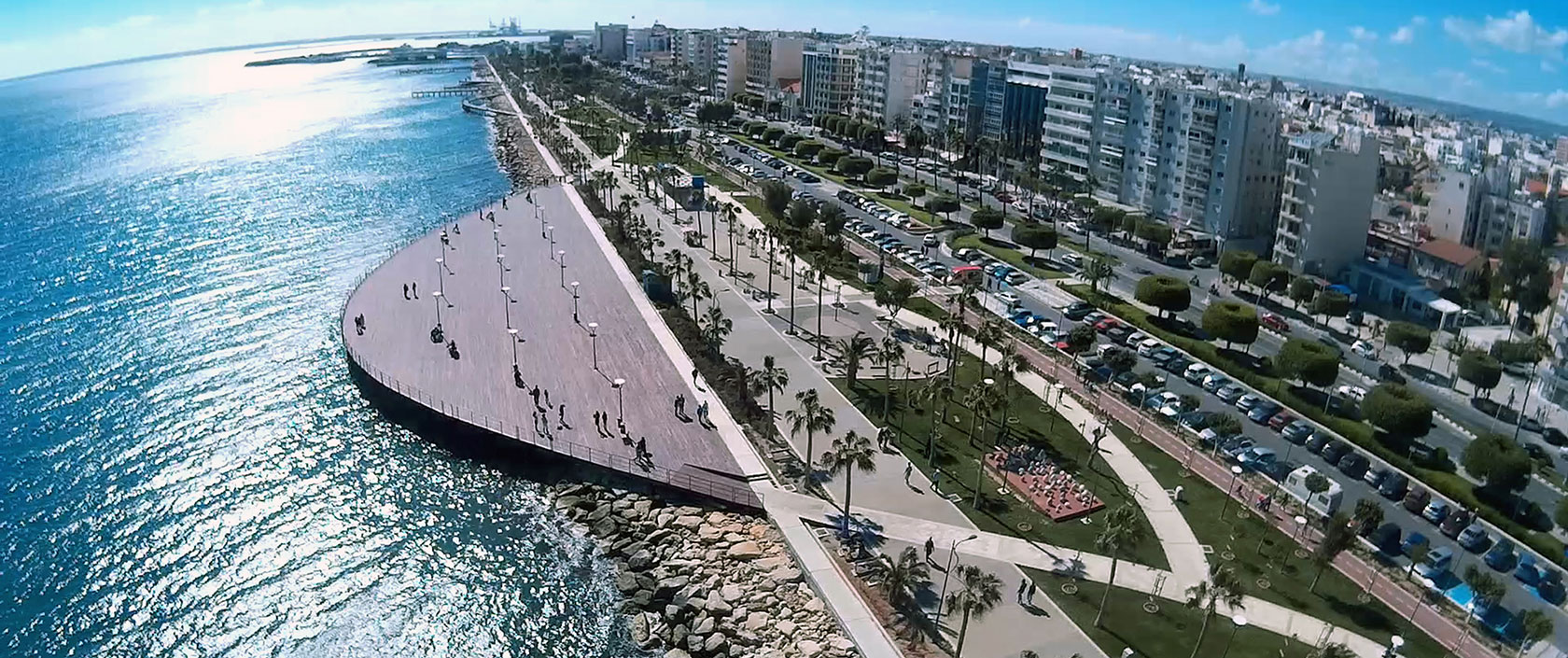Greek activists planning to take part in an international solidarity march for Gaza were held by Egyptian authorities for several hours at Cairo airport before being released, a member of the Greek delegation – which includes a handful of Cypriots – told the Cyprus Mail on Thursday.
Earlier in the day, posts appeared on social media claiming that around 30 Greek nationals arriving at Cairo airport were detained there for at least seven hours. The posts spoke of “uniformed Egyptian military personnel” holding the activists at the airport “without explanation”.
The group of 30 had arrived on the Greek delegation’s last flight out of Athens.
The same posts said the activists had been told they would get sent back to Greece on the next available flight. The Greek foreign ministry was said to be informed of the situation.
But later in the day, one member of the Greek delegation told the Cyprus Mail that the group of 30 were eventually released and allowed inside Egypt.
The Greek delegation participating in the Global March to Gaza coalition consists of around 200 people; it includes five Cypriots.
The Global March to Gaza seeks to draw attention to the plight of the Palestinian people in the enclave, to break the siege on Gaza, cut off from almost all humanitarian aid for nearly three months.
Participants from across the world are making their way to Egypt by air and overland. By air, some 2,500 people are expected; at the same time, a convoy has set out by land from Tunisia, with at least 6,000 people taking part as of the last count.
The participants gathered in the Egyptian capital on Thursday before heading out to the border city of Al Arish in northeastern Egypt.
From there, they plan to march on foot to the Rafah crossing on the Egyptian border with the Gaza Strip, where protest tents will be set up, according to organisers.
As stated on its website, the coalition does not intend to forcibly enter Gaza. Rather, they “aim to negotiate the opening of the Rafah terminal with the Egyptian authorities, in collaboration with NGOs, diplomats and humanitarian institutions”.







Click here to change your cookie preferences